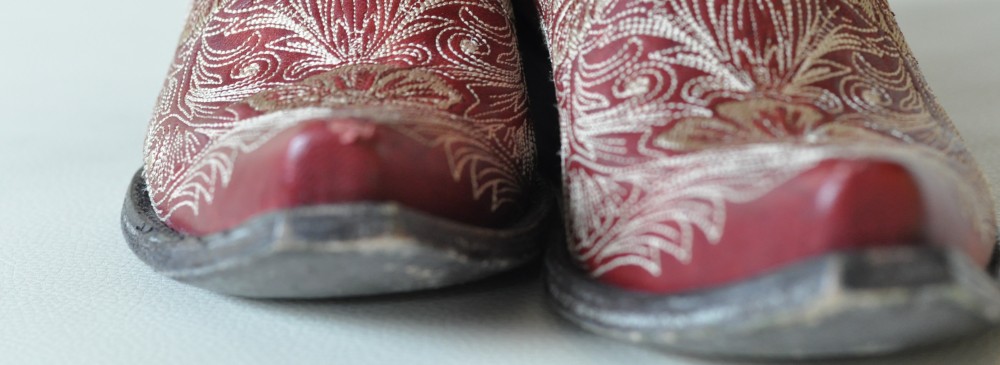The baggage claim at Oakland Airport hums with quiet anticipation this seemingly uneventful morning. A small group of parents chats casually as they cross and uncross their arms. Every now and then we glance toward the escalator. We’re waiting.
Waiting for the flight to land. For the luggage to come out. For the kids to sail down the escalator, with backpacks and smiles and stories of new friends, loud songs and whose team won the color war. From the moment they left for Camp Ramah weeks before, we have looked forward to this day.
My heart beats a little faster. Nervous. I am not ready.
It’s been a wonderfully long, hot and adventurous summer and this day, which brings the kids and endless loads of laundry home from camp (will the socks ever be white again?), signals the almost-end. Emails bursting with back-to-school info already flood my inbox. She needs a new backpack, he has outgrown his shorts, and I wish we had all read more books.
I am not ready for school to start, I am not ready for summer to be over, and I am not ready for my daughter and two sons to come down that escalator. I am not ready to pierce their happy, anticipating balloon of home-at-last with my sharp and distressing news.
The hum at the foot of the escalator swells to applause and cheers. They’re home! My now sixth-grader leads the way, his feet barely touching the ground. He must have leapt over that short flight of moving steps, because suddenly he is in my arms, all bony elbows and shoulders, and I notice I don’t have to bend down to hug him.
“Hi Mom. I had a great time! What’s for dinner?”
I laugh and blink back tears of relief and delight, burying my news with its jagged edge under layers of bubbling chatter about his overnight trip and new Hebrew words and which day was the best day.
They have two big duffel bags each, and I wonder if they have come home with more than they left with.
Outside, I am distracted by a plane taking off loudly above us. When I look back down, everything has changed. The bags are scattered on the ground, lifeless and forgotten. Their tears and grief-stricken faces tell me everything.
“He was so old, guys,” I hear my husband say over and over, as he holds them close.
It’s been a week since our beloved dachshund, Pretzel, passed away. These three who were at camp have just heard the news. The air rushes out of their homecoming happiness with an audible pop.
He died an old and happy dog, but none of us were ready.
They are quiet on the drive home, each lost in memories of the silly little dog who was part of their whole lives. Their teen and tween imaginations did not allow for the possibility that their last goodbye was the last goodbye. They could not imagine he wouldn’t welcome them home with licks and a frantically wagging tail. That he wouldn’t sniff their dirty socks for clues of their adventures or curl himself into his signature pretzel right next to them on the couch.
I knew which one would feel this the most. He flew into my arms at the airport and now his mournful cries pull my heart apart, and I know his is in pieces, too. His eyes shine deep and brown with bewildered tears of hurt and confusion. He sobs on and off all day, caught between the happiness of home and the devastating finality of loss.
I want to help him hurt less. I haltingly assure him things I don’t know for sure: that Pretzel wasn’t in pain when he died, that his last thoughts were of his human brothers and sister, that he is so happy we are all together again at the end of this wandering summer. I want to believe these things myself.
But all I really know for sure is that we were not ready, and it is an unavoidable truth that hello and goodbye are always intertwined.
This post originally appeared in my “In Real Life” column in the J. the Jewish News Weekly of Northern California.
This is a Finish the Sentence Friday post, where writers and bloggers gather together to share their versions of a completed sentence. This week’s prompt was, “What I’ll miss about summer…” Hosted by Kristi of Finding Ninee, and co-hosted by Lisa (this week’s sentence thinker-upper) of Flingo and Allie of The Latchkey Mom.





